The COVID-19 pandemic has taken the world by storm. It has shown us that no matter how well prepared you think you are, it only takes one small thing to turn the world upside down. Are you worried about your feline friends in this pandemic? Do you want to know if you can pass COVID to your cat? Well, we have got you covered.
We have curated some of the most accurate information from reliable authorities on whether you can pass COVID to your cat. This is a must-read for all cat owners since it is unlikely that the virus will go away completely any time soon.
What is the COVID-19 virus?
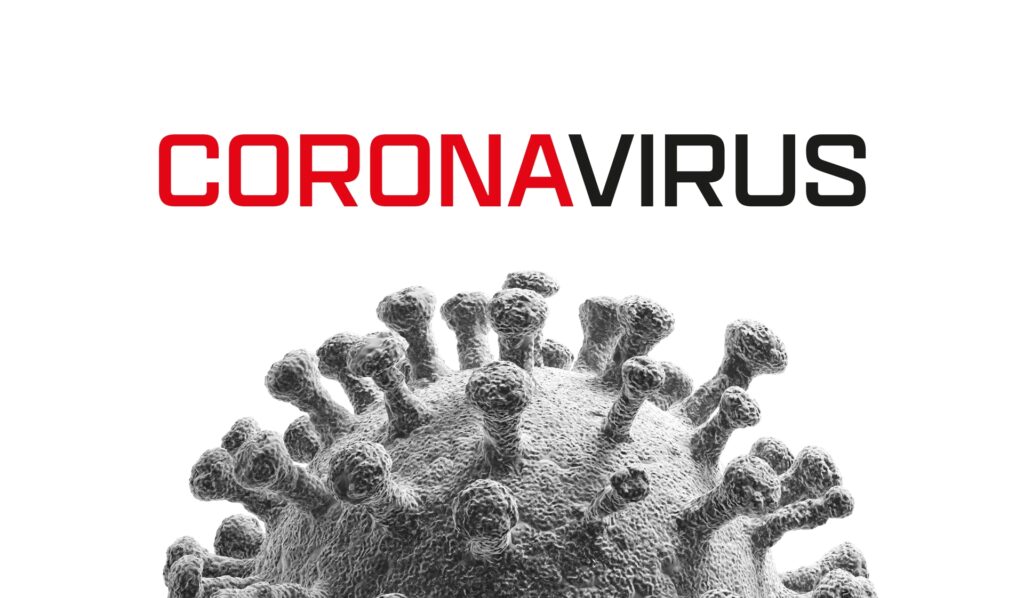
This viral disease emerged in the Wuhan area in China in late 2019. The SARS-CoV-2 virus causes it. The most common symptom in humans is coughing, slight fever, body aches, and respiratory problems. Millions of people worldwide have been infected by the virus, and it is only relatively recently that companies such as Pfizer were able to develop vaccines against it.
However, despite these vaccinations, human beings can still contract the COVID-19 virus: the vaccination only decreases its severity. Therefore, as a cat owner, you can still catch the virus, and the risk of transmitting COVID to your cat is a very real one.
Can I pass COVID-19 to my cat?
The COVID-19 virus is novel, and scientists are still struggling to study its full effects. Numerous studies have been carried out, and mammals such as cats, dogs, and ferrets are vulnerable to the virus. Therefore, it is possible to pass COVID to your cat.
However, do not be too afraid. This chance is extremely low, and only very rare cases of COVID-19 in cats have been recorded.
With the current information that we have available, only three authentic cases of the SARS-CoV-2 in cats have been recorded. One case was in Belgium, and two more were recorded in the USA. Moreover, certain cats in China were also found to have developed antibodies against the virus.
These reported cases of feline COVID-19 have been taken as conclusive proof that as a cat owner, you can pass COVID to your cat. This is a clear indication that these cats did have the virus since their natural immune system produces these antibodies due to the virus coming in them.
Can cats pass the virus to humans?
Fortunately, no data shows cats can pass COVID-19 to human beings. As per the Center for Disease Control, no reliable source tells us that our feline friends could bring COVID into our homes. Therefore, it seems like a one-way street: you can pass COVID-19 to your cat, but your cat cannot do the same. This brings good news: you do not need to leave your cat in a shelter if diagnosed with the virus. We urge you not to take any step that could detrimentally affect the health and safety of your cat.
What are the symptoms?
If you or someone else passes COVID-19 to your cat, you will likely develop mild respiratory problems. However, unlike human beings, the severity of these symptoms in our feline friends is much less than in humans. If you pass COVID to your cat, the virus tends to remain on a surface level in their airways and does not penetrate their lungs.
Can cats recover from COVID-19?
Fortunately, cats can quickly recover from COVID-19. The one case reported in Belgium showed that the cat recovered fully in 9 days. No cats have been reported to die from the virus. A big reason could be that the symptoms are relatively mild, and the virus does not penetrate their lungs too deeply. On the off chance that you pass COVID to your cat, its chances of a full recovery are incredibly high.
How to get my cat tested
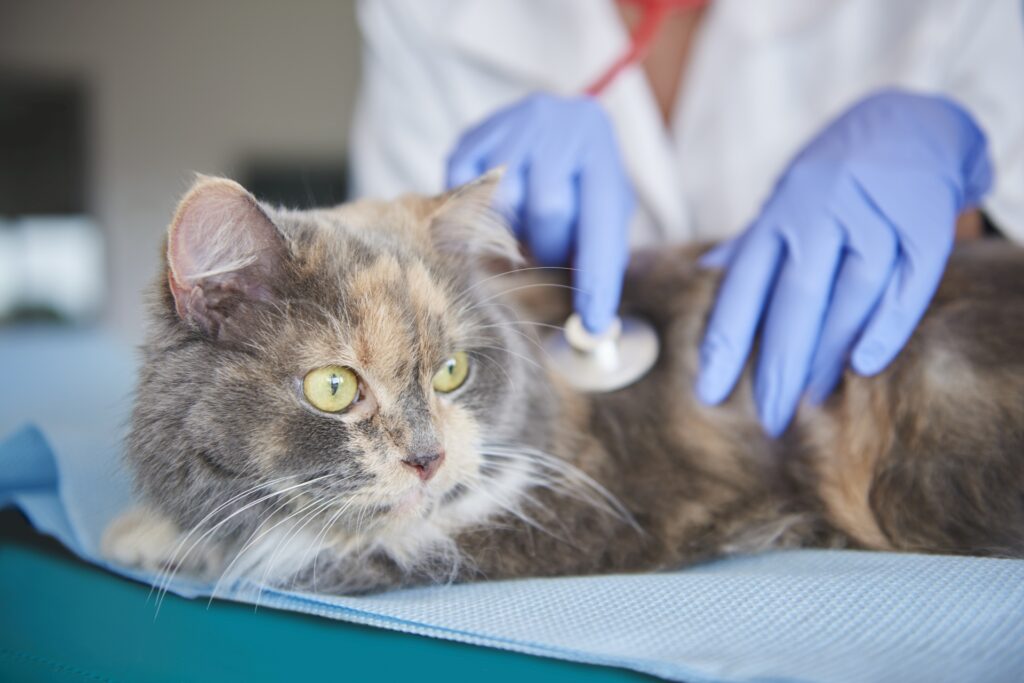
If you want to know whether you passed COVID-19 to your cat, you can get them tested. The same PCR technology used to test for COVID in humans is also used to test for COVID in cats. However, before going out to get your cat tested, we would advise you to do some thorough research.
Not all labs have the equipment to test on cats, and an unskilled tester could end up hurting your cat. To protect your feline friend’s comfort, see which labs specialize in cat testing. Your vet could help you out with this as well. If you think you passed COVID-19 to your cat, the best thing to do is get it tested before taking any serious steps.
Are my other pets safe?
If you live in a multi-cat household, there is a slight possibility that an infected cat could transmit the COVID-19 virus to your other cats. This is because some studies have indicated the possibility of cat-to-cat transmission. However, we would advise you not to take any harsh steps. Visit your vet and ask him the best solution for the problem. If you have a big enough area in your house, perhaps you could think about moving the affected cat there?
Should I quarantine myself if I am positive?
We would strongly advise you to quarantine yourself if you have the COVID-19 virus. This is necessary for the well-being of your family as well as your pet cats. Since there is a possibility that you could pass COVID to your cats, try to avoid as much direct contact with them as possible.
In the case of feline COVID-19 reported from Belgium, it was the owner that passed the virus. If there is no one in your home to look after your pets, we advise you to wear masks and gloves when pouring out the food in their containers. Frequently disinfect any surface you touch, and try and wash your dishes as soon as you use them, so your cats do not even accidentally touch them. With all of these precautions in place, it is highly unlikely that you can pass COVID to your cat.
Suggested readings:
- Other health problems in cat and how to identify them
- Is it necessary to vaccinate your cat?
- Understand your cat nutrient needs for better health
We hope that the information mentioned above is helpful for you. It is highly unlikely that you can pass COVID-19 to your cat since our feline friends are not particularly prone to it. However, if you contract the virus, the first step is to take precautionary measures, so you do not pass COVID to your cat. If, despite that, you still think that your cat is displaying symptoms, consult your vet.

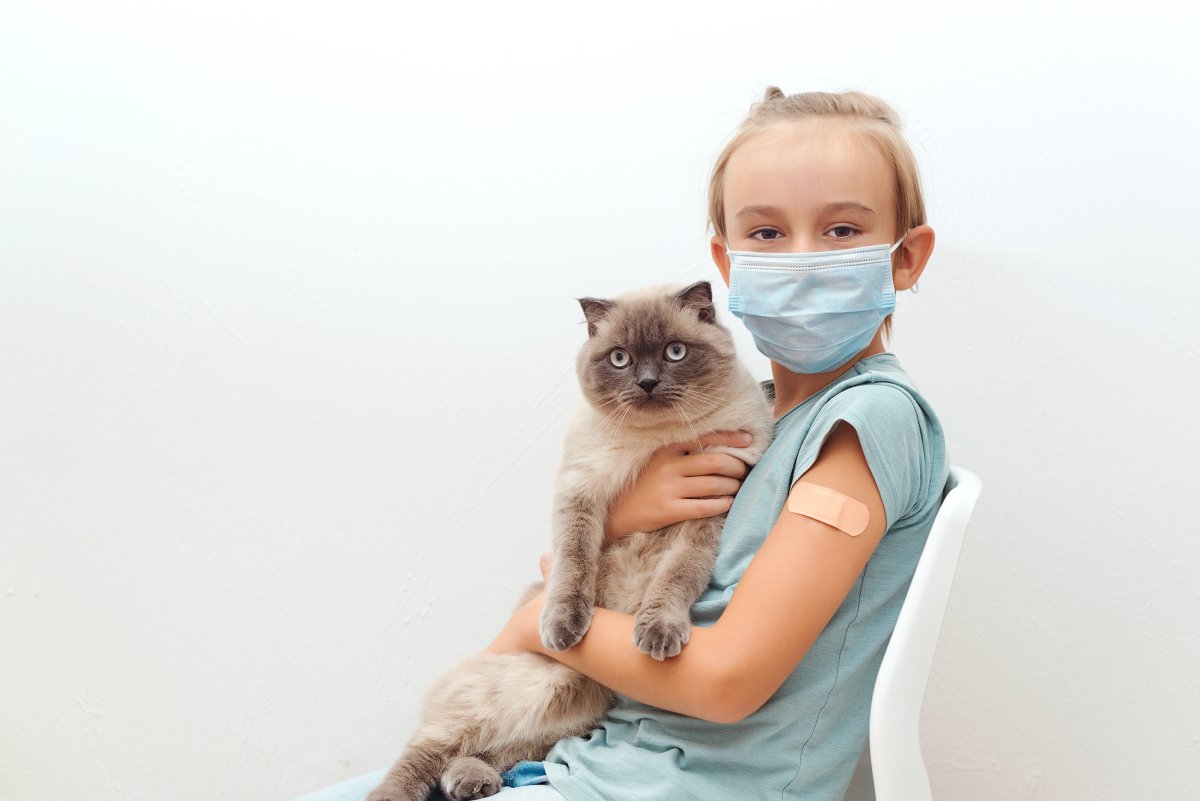
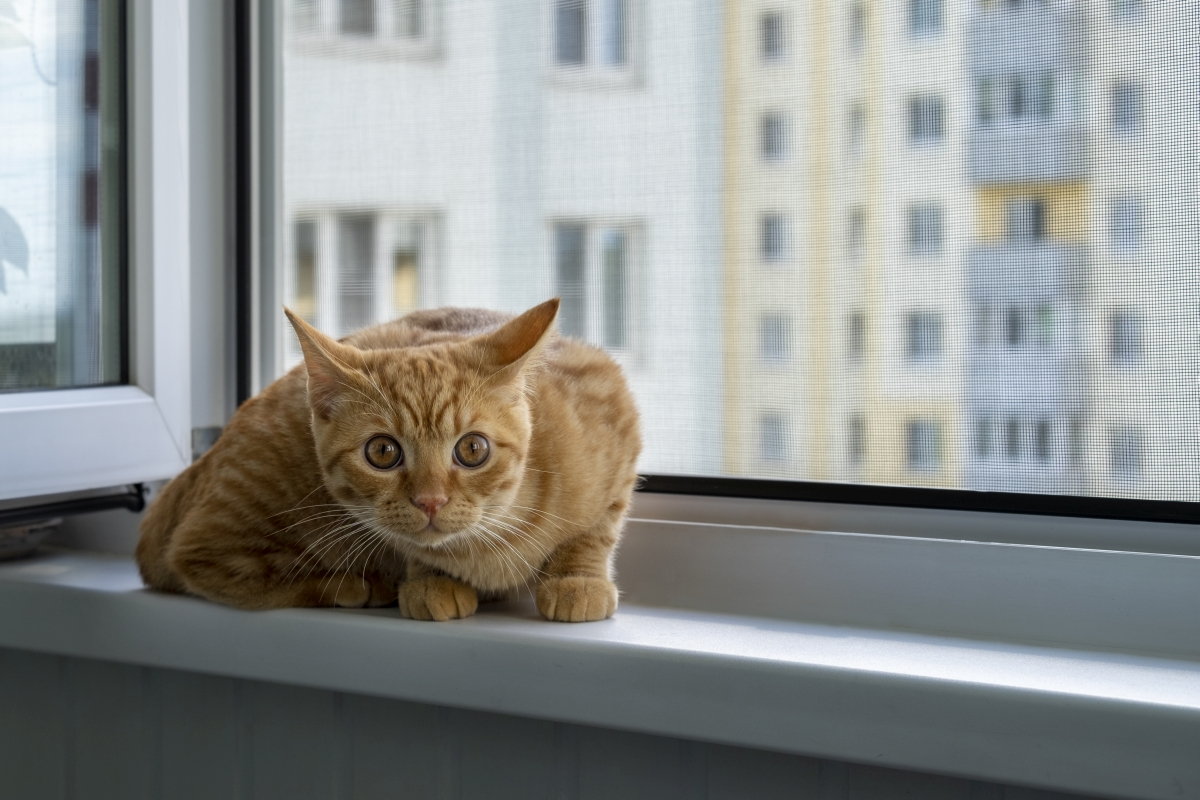
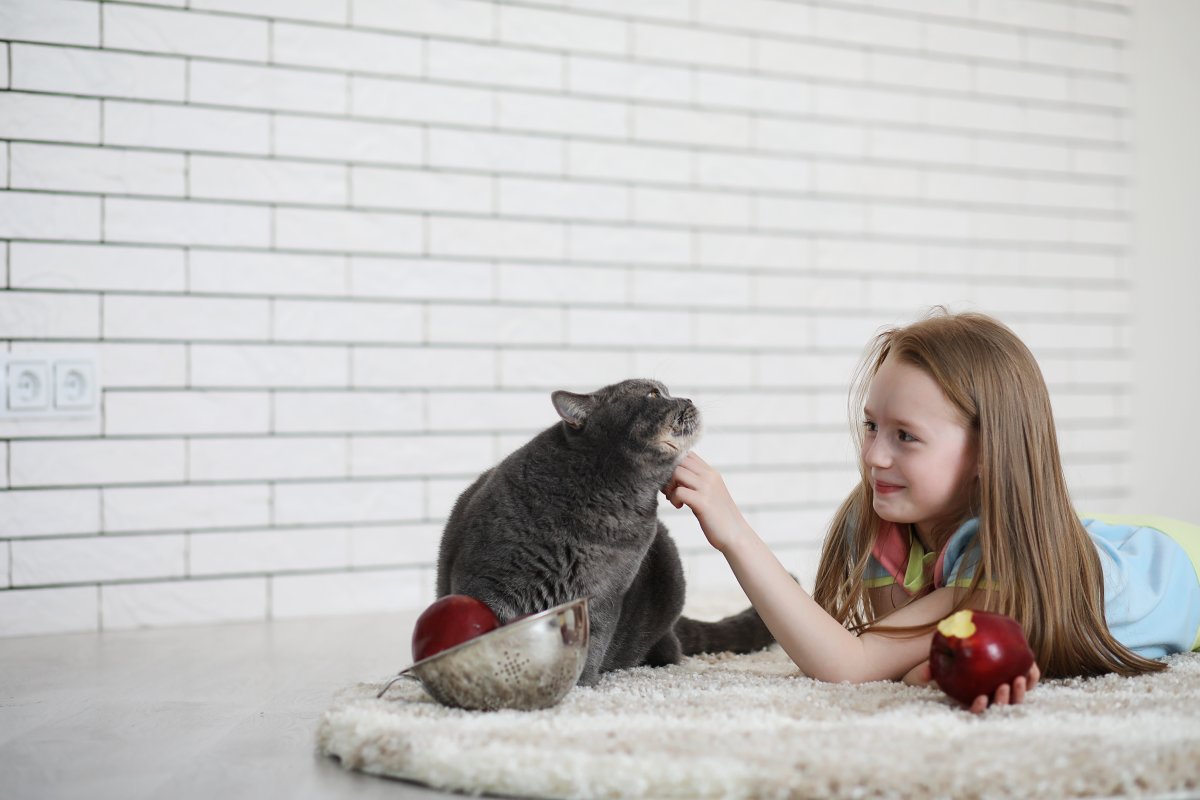
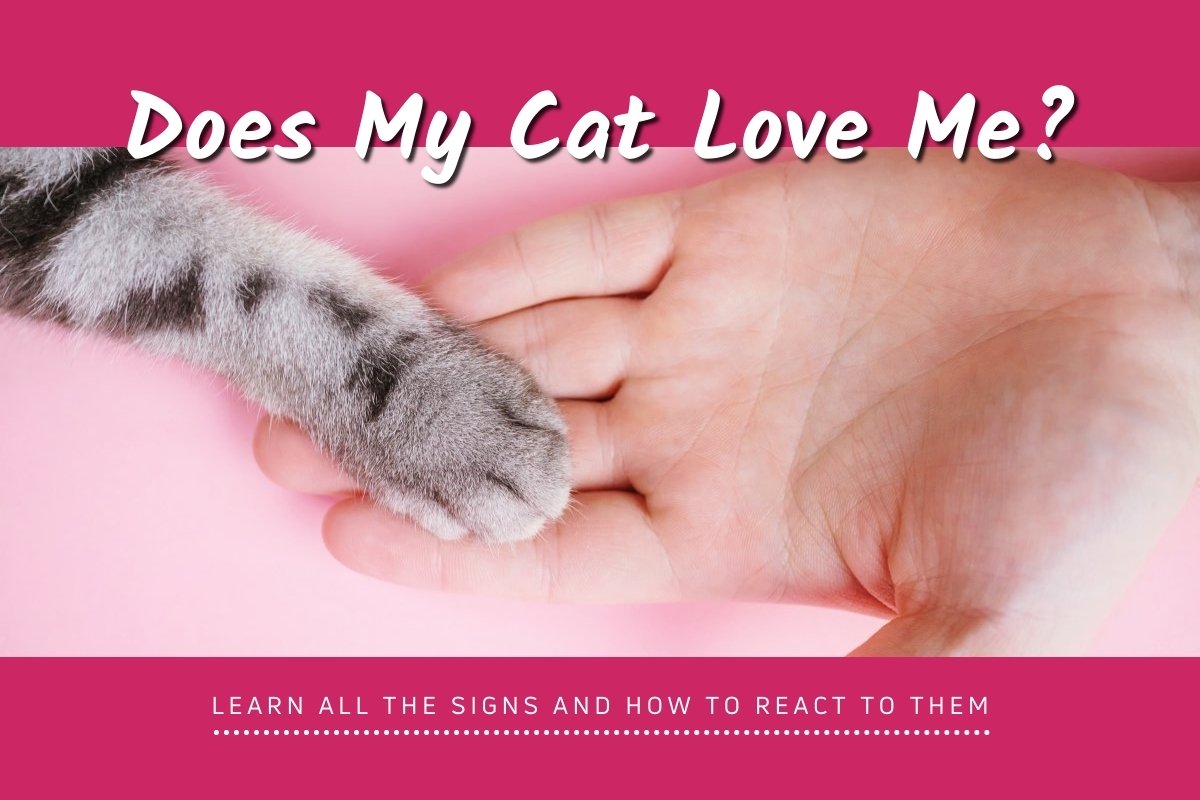



1 comment